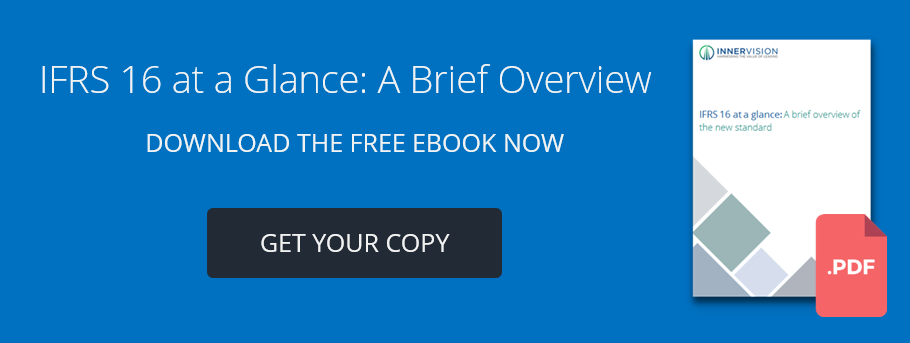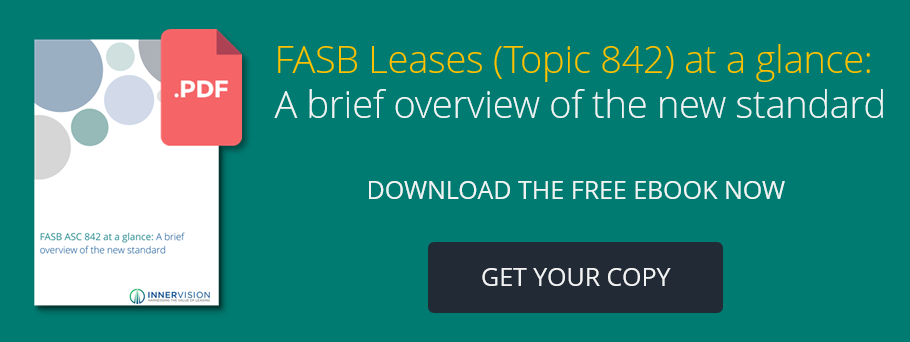IFRS and FASB Have Released New Lease Accounting Standards – Now What?
Updated 18th May 2021 | 4 min read Published 4th March 2016

Companies the world over have spent the last 10 years anticipating the final publication of the new standards to lease accounting. Now IFRS 16 and FASB Topic 842 are published, the question is what do businesses need to do now?
The countdown to implementation has already begun. A vast majority of organisations are not confident or prepared to transition to the new standard.
Research by Deloitte found that a majority of 85% of company executives predict that the standards will place a significant reporting burden on lessees and their equipment leases.
Further to that, almost 80% of executives felt that implementing the new accounting standard would be a difficult task and only 6% believed their company was extremely or well prepared to comply.
The delays in establishing a final lease accounting standard have no doubt contributed to this lack of preparation. Needless to say, many executives are begin to realise they have much to do and little time.
INVEST IN PLANNING
Most companies will need to implement their accounting board's new standard by the first financial year of 2019. Companies however do not have 3 years to get organised.
As part of the transition to the new standard, some organisations will be required to provide a comparative account of the impact of the new standard for at least one financial year before formal implementation. This means they will need a clear understanding of their active lease portfolio and the new standards impact by as early as the end of 2017.
On top of this, businesses will need to collect data for all their active leases. This is an important requirement and vital step in developing a business’s understanding of the impact the new standards will have on their leases and financial statements.
A DATA DEFICIT
Traditionally, a large majority of lessees do not have an accurate or holistic record of all their active leases. This is especially prevalent in large companies where numerous leases are spread across department and geographies and a lack of consistency in lease manage can easily occur.
As the data mining, collection, analysis and review stage can take up to 12 months, businesses that have not yet begun or do not have adequate software resources are at risk of running out of time.
In fact, leading accounting firms and financial practitioners have highlighted the data gathering process as the most time and resource consuming aspect of the switch to new global accounting standards.
THE RIGHT TOOLS WILL HELP
Data analytics are vital for a successful transition. Organisations would be ill advised to rely on manual paper-based or spreadsheet storage systems. These methods are limited and do not provide the adequate centralisation an organisation neededs to ensure cost effective and accurate compliance.
In order to make the most out of this transition, companies are advised to invest in intelligent software solutions. A central, digital database will provide greater visibility and control in the planning and implementation process of transitioning to either IFRS 16 or FASB's Topic 842.
The data gathering process will need a clear and consistent approach to ensure that all active leases are found and that the required historic lease data needed for reporting compliance is easily accessible.
Intuitive lease accounting software like Innervision's LOIS also allow businesses to run comparative balance sheet reports; automating the difficult calculations and condensing the gathered data into practical reports.
With one centralised platform, intuitive software features and greater visibility of your company's full equipment lease portfolio and commitments, this opens the door to numerous savings opportunities.
The historic lease data collection process encourages organisations to review their general lease management. This will highlight areas for improvement and cost avoidance. Whether it's leases that have extended beyond their primary term, lease contract wording that limits your end of lease options or simply expensive lease rentals, the right software will allow you to find and solve these inefficiences.
To learn more about how the right tools will not only ensure your organisation is fully complian to the new lease accounting standards, but also reduce the time, resources and burden of your leasing activity; saving you money, click here. Innervision have been following these standards since they were first introduced and have developed the most cost effective and intuitive solution to the switch.
If you would like to talk to our leasing experts about how these new lease accounting standards will impact your company and how you should prepare, be sure to schedule a call.
Share this article:










